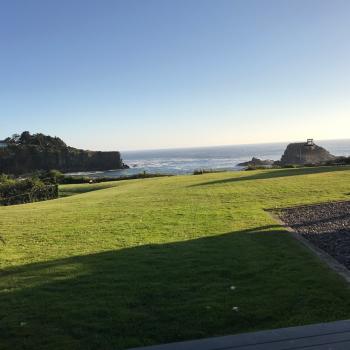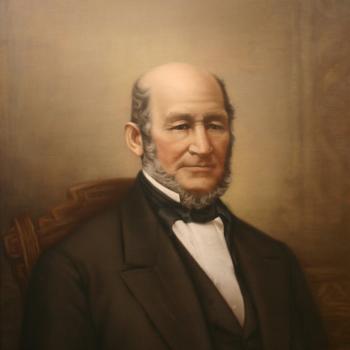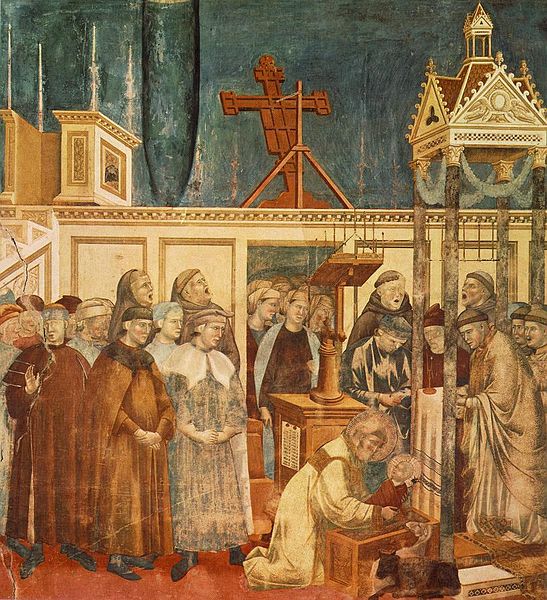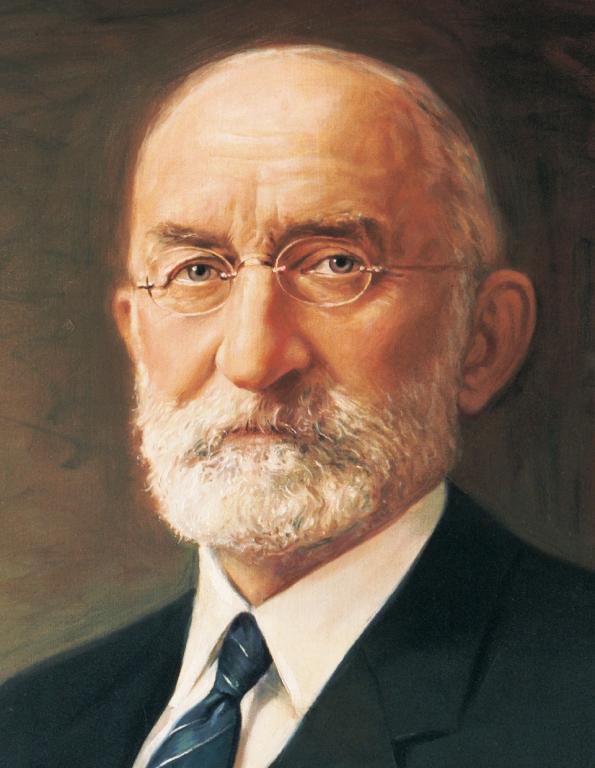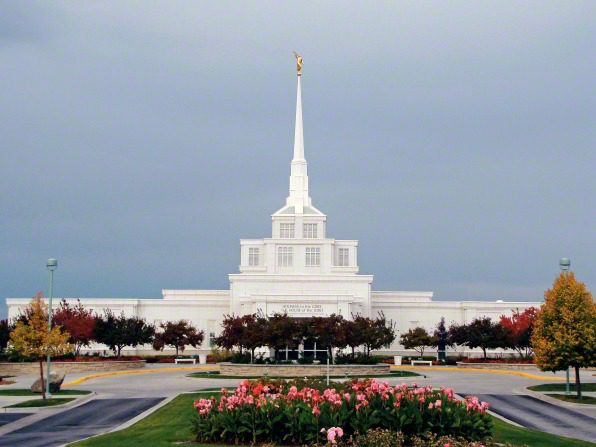
A testimony that resonates with me, from Fiona Givens and Terryl Givens in their book The Christ Who Heals: How God Restored the Truth that Saves Us:
To be educated often means in practice to be critical, cynical, and suspicious. Freud taught us to look for unconscious motives behind all conscious actions; Marx argued that economic self-interest motivates us all; Nietzsche convinced multitudes that religion itself is a con game perpetrated on the unsuspecting; post-modernists alert us to hidden power dynamics that exploit and oppress; and Richard Dawkins argues that our very genes conspire to perpetuate themselves independent of our conscious volition. Media manipulates us, advertisers seduce us, and everyone digs a pit for the neighbor. If we are not unhinged by paranoia, we emerge from the maelstrom of these hermeneutics of suspicion with a jaundiced eye and a bruised spirit.
Life in the Church adds its own varieties of hammer blows to our innocence. We learn that leaders are fallible, scriptures err, and Church commitments can feel more of a burden than a blessing. Tithing does not always preserve us from penury, the Word of Wisdom does not guarantee freedom from disease, and our ardent prayers may find neither answer nor response. Notwithstanding our faithful efforts — including temple attendance and family home evenings — marriages fail, families fracture, and children choose other paths. The choice to believe weighs upon us heavily, and for many of us, faith — and the burdens of belief — we find are at last too heavy to carry. “Because we are not divine,” notes the author Mark Helprin, “we must jettison the many burdens we cannot bear.” Being mortal, we are tempted to relinquish our faith to the swirling currents of doubt, fear, skepticism, and cynicism that engulf our culture.
How can our faith thrive, or even survive, in times such as these? We both find plentiful motives to bind our hearts to the restored gospel. Its theology, its community, its gospel fruits all register powerfully with us. Within the broad expanse of religious systems, we find that Restoration teachings provide the most compelling account of our spirit’s origins and destiny, life’s purpose, and God’s nature. We feel the pull of premortal realms and resonate with the truth that life is educative, purposeful, and designed for our growth. We adore a God who does not recoil in jealous insecurity because “man is become as one of us,” but invites us to share in the divine nature and has the wisdom and power to bring the entire human family home. We have experienced a community of true belonging, and we sense the outlines of Zion in flawed but caring wards and a familiar spirit wherever and whenever we have encountered Saints. Joseph made friendship and kinship the warp and woof of the gospel, weaving their fibers through the structures of a church where all are invited to minister to one another; then he extended the domain of these associations into the eternities.
Finally, we have tasted the fruits of the Restoration in the peace, joy, and love we have found as we labor to live its teachings. Its template has strengthened our family bonds and prodded us to live more selflessly and purposefully. The rich scriptural canon of Mormonism and the prophetic voice have been invaluable resources for helping us negotiate the perils of life in this world. (128-129)
***
You can never gather too many illustrative examples, though, for your bulging file on how religion poisons everything. Here’s yet another telling specimen:
“Students engineer hand-trike attachment for LDS Charities global wheelchair program”
***
This isn’t encouraging:
“China Bans Online Bible Sales as It Tightens Religious Controls”
***
A response to the recent General Conference of the Church:
“Church News viewpoint: A revelatory experience”
***
Maybe, someday, BYU can rise to such heights of intellectual freedom and progressivism:
“Defending the Indefensible at Holy Cross”
***
Mormon culture’s foremost contribution to American civilization?
Food & Wine: “The Best Places to Eat ‘Mormon Funeral Potatoes,’ One of the Greatest American Triumphs”
Southern Living: “How Funeral Potatoes Got Their Name and Why They’re So Delicious”
Deseret News: “Walmart’s new funeral potatoes are trending, and the internet is confused”
***
I have family in Richmond, Virginia, and my wife was actually visiting there when President Nelson made the announcement. Here’s a local news broadcast on the subject:
“Mormon church plans to build temple in Richmond”
***
Don’t forget Sunday night’s Interpreter Radio Show, which will run from 7 PM until 9 PM. I’m not sure whether this will tend to drive people away from the program or draw them to it . . . but there’s a pretty good chance that I’ll be participating.
***
The Old Testament KnoWhy’s posted by the Interpreter Foundation are designed to be helpful to both students and teachers in the Gospel Doctrine classes of the Church of Jesus Christ of Latter-day Saints. And we hope that you enjoy them, too:
http://interpreterfoundation.org/category/gospel-doctrine-knowhys/old-testament-knowhys/



